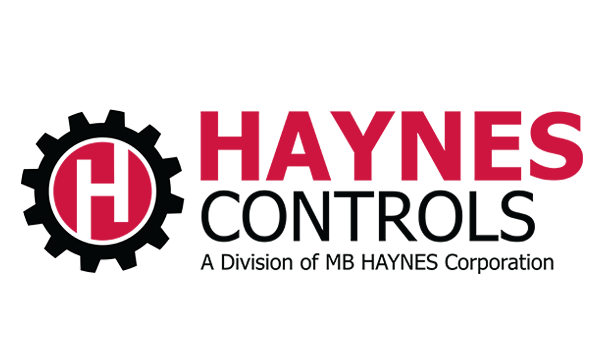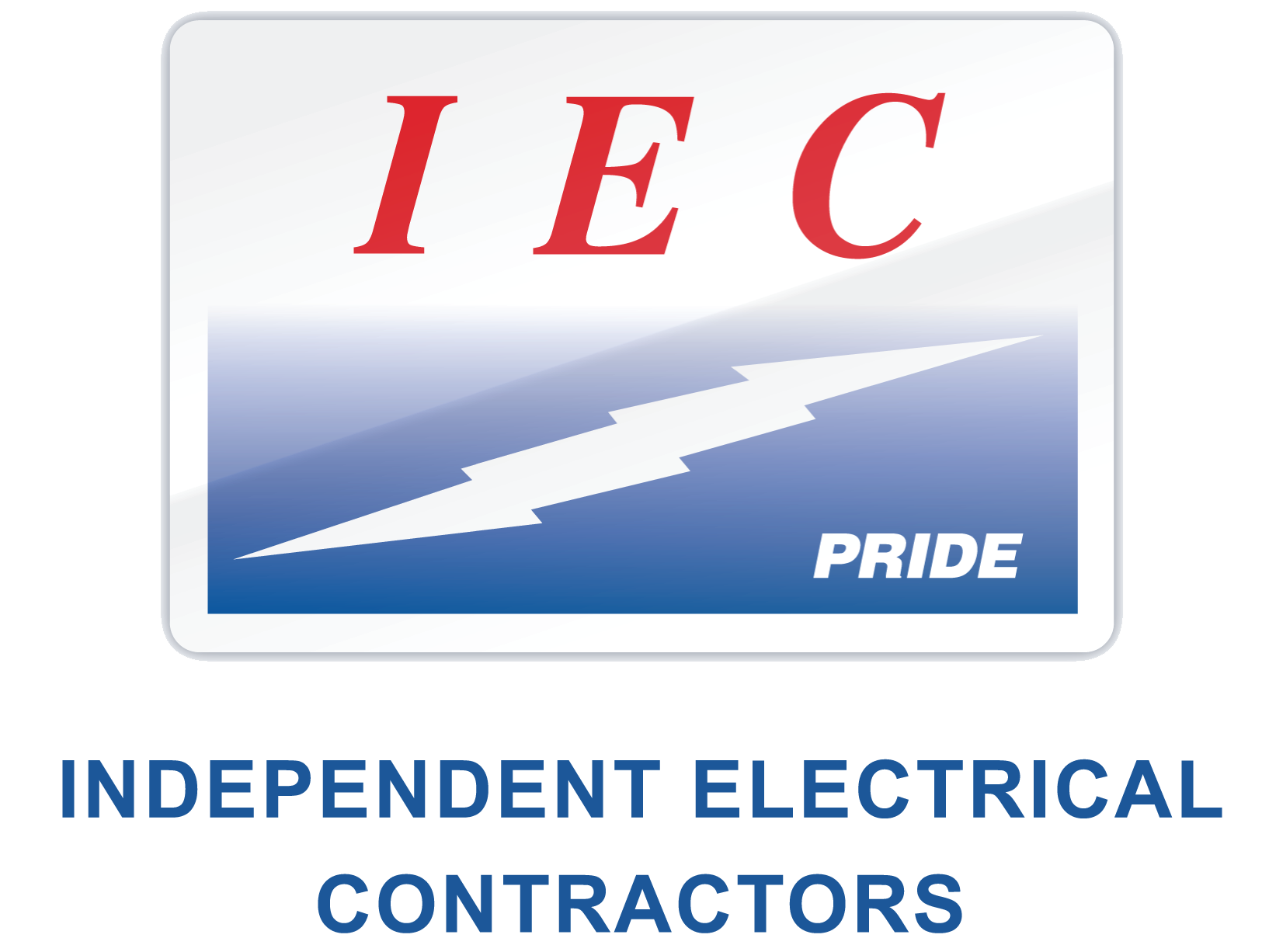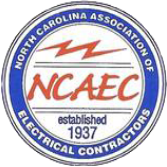
Educational Institutions
 Electrical control panels play a crucial role in enhancing the safety, efficiency, and functionality of various systems within educational institutions. These panels are essentially centralized hubs that manage and distribute electrical power to different components and devices throughout the facility. Here are several aspects to consider when exploring the use of electrical control panels in educational institutions:
Electrical control panels play a crucial role in enhancing the safety, efficiency, and functionality of various systems within educational institutions. These panels are essentially centralized hubs that manage and distribute electrical power to different components and devices throughout the facility. Here are several aspects to consider when exploring the use of electrical control panels in educational institutions:
- Power Distribution and Management: Electrical control panels are fundamental for distributing power efficiently across the campus. They help in managing the flow of electricity, ensuring that each building, classroom, and facility receives the appropriate amount of power. This not only prevents overloading of circuits but also promotes energy efficiency by regulating power consumption.
- Safety Measures: Safety is of paramount importance in educational institutions. Electrical control panels incorporate safety features such as circuit breakers, fuses, and emergency shut-off switches. These components protect against electrical faults, short circuits, and overloads, minimizing the risk of electrical accidents and fires.
- Building Automation Systems (BAS): Modern educational institutions often integrate building automation systems that control various building functions, including lighting, HVAC (heating, ventilation, and air conditioning), and security systems. Electrical control panels serve as the nerve center for these automation systems, allowing for centralized monitoring and control, thus optimizing energy usage and overall facility management.
- Integration with Technology: Educational institutions heavily rely on technology for teaching and administrative purposes. Electrical control panels facilitate the integration of technological systems, such as audio-visual equipment, computer labs, and smart classrooms. These panels provide a streamlined approach to managing the power supply for these technologies, ensuring seamless operation.
- Emergency Power Systems: Educational institutions often require a continuous power supply, especially during critical situations or emergencies. Electrical control panels can be designed to integrate with backup power systems, such as generators or uninterruptible power supply (UPS) units. This ensures that essential services, like emergency lighting and communication systems, remain operational during power outages.
- Energy Monitoring and Conservation: Electrical control panels equipped with energy monitoring devices enable educational institutions to track and analyze their energy consumption patterns. This information allows for the identification of areas where energy conservation measures can be implemented, contributing to sustainability efforts and reducing operational costs.
- Compliance with Electrical Codes and Standards: Educational institutions must adhere to electrical codes and standards to ensure the safety and reliability of their electrical systems. Electrical control panels are designed and installed in accordance with these regulations, providing a compliant and safe electrical infrastructure.
In summary, the use of electrical control panels in educational institutions is essential for creating a safe, efficient, and technologically advanced environment. These panels contribute to the overall functionality of the campus by managing power distribution, ensuring safety, integrating with technology, and supporting emergency systems. As educational institutions continue to evolve, the role of electrical control panels becomes increasingly critical in meeting the diverse and dynamic electrical needs of these facilities.
Our Industries
- Agricultural Industry
- Automotive Manufacturing
- Chemical Laboratories
- Chemical Processing Industry
- Data Centers
- Educational Institutions
- Entertainment and Broadcasting Industry
- Food and Beverage Processing Industry
- Manufacturing Industry
- Medical Equipment Manufacturing Industry
- Mining and Minerals Processing Industry
- Oil and Gas Industry
- Pharmaceutical Manufacturing Industry
- Pulp and Paper Manufacturing Industry
- Rail Transportation Industry
- Renewable Energy Industry
- Research Laboratories
- Telecommunications Industry
- Textile Industry
- Transportation Industry
- Water and Wastewater Treatment
- Controls Services MAIN PAGE >












